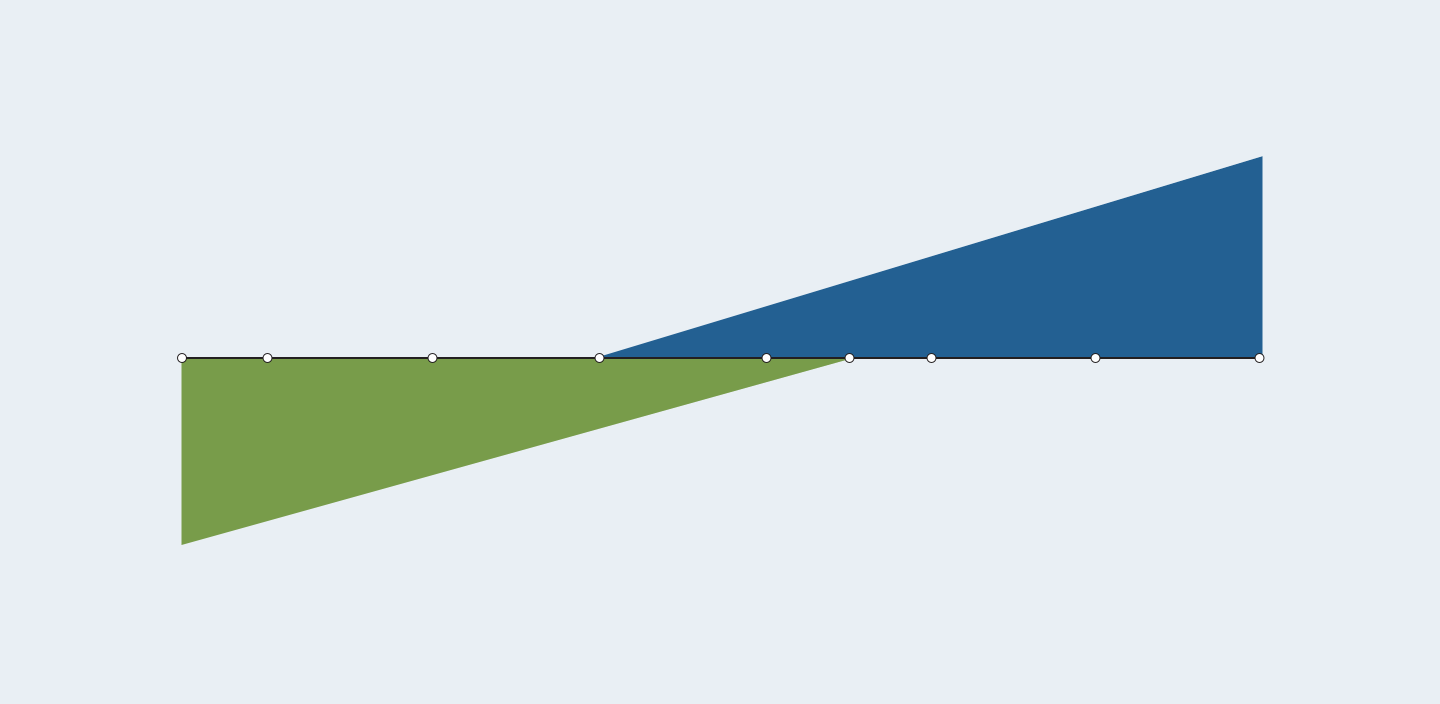Thanks to decades of research, today we have a better understanding of the disease.
Raising awareness of early-stage AD and building a patient-centered care team is important to support patients and their caregivers along the diagnostic journey and enable improved Alzheimer's Disease management.
For example, in the event of a stroke, the expression “Time is brain” has driven increased awareness on the need to act fast to ensure better outcomes for the patient, reduce disability, and cognitive damages. Stroke management also requires a multidisciplinary team that can ensure seamless patient management.4,5
Furthermore, recent advances in breast cancer care have also shown that an earlier detection and treatment may lead to better patient outcomes. For example, a study showed that women who participated in a screening program for breast cancer had a 60% lower risk of dying from breast cancer within 10 years after diagnosis. Early stage detection means tumors will be treated earlier and patients will respond better to therapy.6
Despite the proven benefits of early AD detection in improving patient outcomes, healthcare systems in Europe currently lack the capacity to detect and diagnose AD at the earliest stage before significant brain damage occurs.7,8
Healthcare Systems Fit for the Future
As more people live to an older age, the number of individuals with dementia is increasing, alongside the economic, health, and social care costs of dementia.
In response to this, AD and dementia received increased policy attention leading to the adoption of national dementia strategies and government policies that emphasize early diagnosis and intervention.3 However, as noted by the WHO, even within the European Region many plans are expiring or have expired, and require renewed commitment by governments to prioritize dementia. WHO also notes that there is vast heterogeneity in funding allocation as well as in implementation and monitoring targets.30 Equally, the Organsation for Economic Cooperation and Development (OECD) also warns that even if most countries have started with initiatives to support the development of dementia-friendly communities, their reach remains limited.10 More can still be done to support implementation of the World Health Organization (WHO) Global Action Plan on Dementia.30 The 2021 Alzheimer Innovation Readiness Index provides a current state of play of selected European countries' policies on Alzheimer's disease and healthcare system readiness.30
There are several direct and indirect steps European healthcare systems, payers, and policy makers can take to address the challenges we face:8
Adopting, funding and implementing Alzheimer's disease and Dementia policy plans or strategies at regional and national levels will increase overall system readiness towards improved patient and societal outcomes.
Towards a Dementia Plan: A WHO Guide
The guide assists WHO Member States in formulating a policy response through a multi-phased, stepwise approach. It includes elements such as what is meant by stand-alone versus integrated dementia plans; the importance of political leadership & stakeholder engagement; how to prepare, develop and implement a Dementia plan, among others.31
Educating the public to raise awareness of early symptoms, and remove the dreadful stigma around AD that prevents millions of people from seeking a timely diagnosis.
Global Action Plan on the Public Health Response to Dementia 2017–2025
In addition to the development of dementia strategies and policies, the WHO also calls for national and local public health and awareness campaigns that are community and culture-specific.28Training physicians and practitioners to ensure they have the knowledge and understanding to detect and diagnose AD at its early stages when future innovations can have maximum impact.12
The Danube Transnational Programme
A platform that has been designed for all professionals in the health and social fields to expand competence and know-how in dementia care, enlarge collaborative skills, stimulate networking, and promote entrepreneurial innovation in dementia services.12Applying clear, consistent, evidence-based guidelines for detecting, diagnosing, and treating AD.
Evidence-based Guidelines
WHO guidelines and the Lancet commission report on risk reduction of cognitive decline and dementia provides health care providers with evidence-based recommendations on lifestyle behaviours and interventions to delay or prevent cognitive decline and dementia in the general population.13,14European Federation of the Neurological Societies (EFNS) Guidelines
The EFNS guidelines for the diagnosis and management of AD provides evidence-based statement for the guidance of practice for clinical neurologists, geriatricians, psychiatrists, and other specialist physicians responsible for the care of patients with AD.15International Working Group (IWG) Recommendations
The IWG proposes how biomarkers should be used for diagnosing Alzheimer's disease in a clinical setting.34Implementing widespread screening of high-risk populations and establishing effective care pathways.16
Models of Patient Engagement for Alzheimer's Disease (MOPEAD) Initiative
A project of the Innovative Medicines Initiative (European public-private partnership), designed to identify efficient approaches towards shifting the paradigm from late-stage diagnosis to earlier identification of AD in its early stages.16Removing obstacles to detection by expanding the number of dementia specialists, making diagnostic tools widely available, and using technology to provide cognitive assessments on the scale needed to address the AD crisis.
Global Action Plan on the Public Health Response to Dementia 2017–2025
Proposed action for member states: “Develop a pathway of efficient, coordinated care that is embedded in the health and social care system to provide integrated, person-centred care.”28Adopt medical care models and social policies that support informal carers of AD, by duly recognising their rights and their unpaid work, safeguarding their own health and well-being and preventing them from falling into economic hardship.
Develop a pathway of efficient, coordinated care that is embedded in the health and social care system to provide integrated, person-centred care.
WHO iSupport : A Programme for Carers
iSupport is a free WHO-developed knowledge and skills training program to improve quality of life for caregivers.11Key Political Milestones in the Fight Against Alzheimer’s Disease
Despite ongoing research funding initiatives and some key political milestones in the 2000s/2010s, the European Union is lagging behind in the fight against AD compared to what has been done at an international level.11,16-27
Collaboration among multiple stakeholders, such as governments, HCPs, policymakers, and civil society organisations is needed to bring emphasis on AD research and reduce the burden on our societies, health, and social systems.28,29


